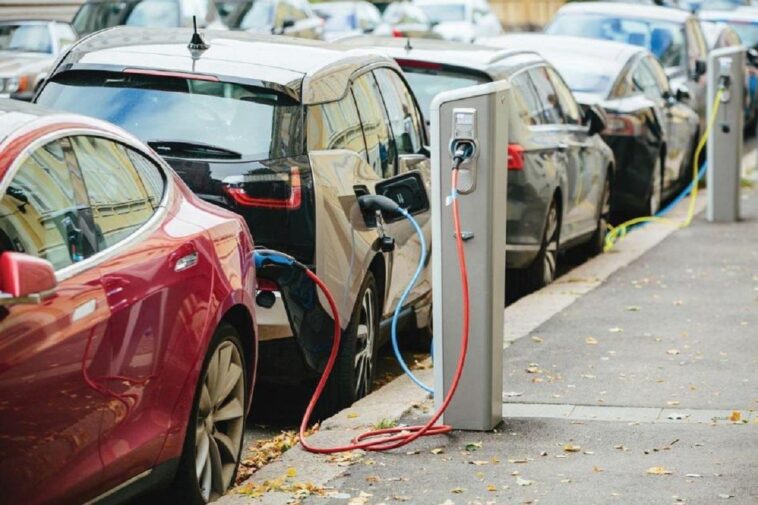European Parliament voted to prohibit the sale of new gasoline and diesel cars
Strasbourg: By voting in favour of the prohibition on new sales of petrol and diesel cars that release carbon dioxide on Tuesday, the European Parliament cleared the last remaining legal barrier.
Despite resistance from conservative MEPs, the largest party in the parliament, EU member states have previously accepted the legislation and will now officially nod it into law.
The bill’s proponents had maintained that it would provide European automakers a specific deadline by which to transfer manufacturing over to electric cars with zero emissions.
This in turn will help the ambitious goal of the European Union to achieve net-zero greenhouse gas emissions by 2050 and create a “climate neutral” economy.
The EU vice president Frans Timmermans cautioned MEPs, saying, “Let me remind you that between last year and the end of this year China will deliver 80 types of electric automobiles to the worldwide market.”
“These vehicles are excellent. We must deal with these autos as they become more and more inexpensive. We don’t want to cede control of this vital sector to foreigners.”
Opponents, however, countered that the industry is not prepared for such a sharp reduction in internal combustion engine car manufacturing, and that hundreds of thousands of jobs are at jeopardy.
Also read: Mumbai to New York, Rising Sea Levels Will Affect Megacities: UN Chief
According to MEP Jens Gieseke of the center-right European People’s Party, “our suggestion is to allow the market determine what technology is our best to meet our aims.”
Gieseke said that the situation of skyrocketing energy prices has “nulled and void” the claims made by Green and socialist MEPs that electric vehicles are less expensive to operate.
The European Parliament voted today to approve a ban on new sales of carbon-emitting petrol and diesel #cars by 2035, clearing the final legislative hurdlehttps://t.co/mjQig3Tgk1
— Hindustan Times (@htTweets) February 14, 2023
The European Commission should reconsider proposals to further extend the prohibition to trucks and buses, he said, noting that 600,000 people in Germany are employed in the ICE industry.
Others claim that rivals of Europe, such as the United States, build vehicle batteries elsewhere, but Timmermans countered that manufacturing in Europe will rise as a result of EU-supported investment.
The Strasbourg assembly approved the bill 340-279 with 21 abstentions.




